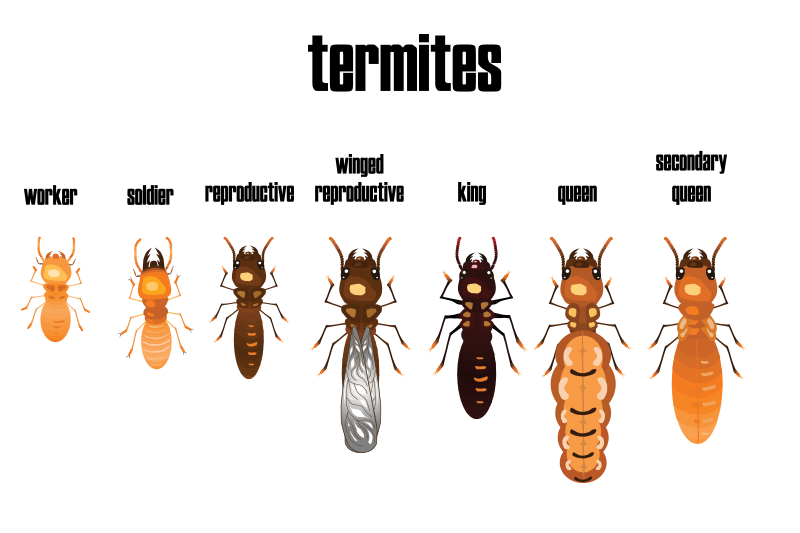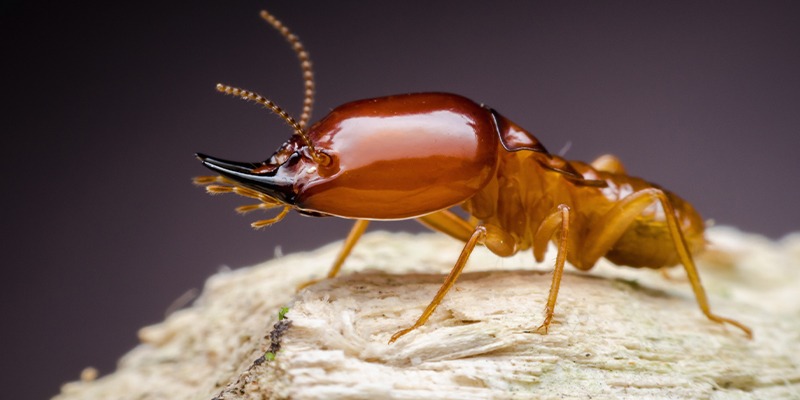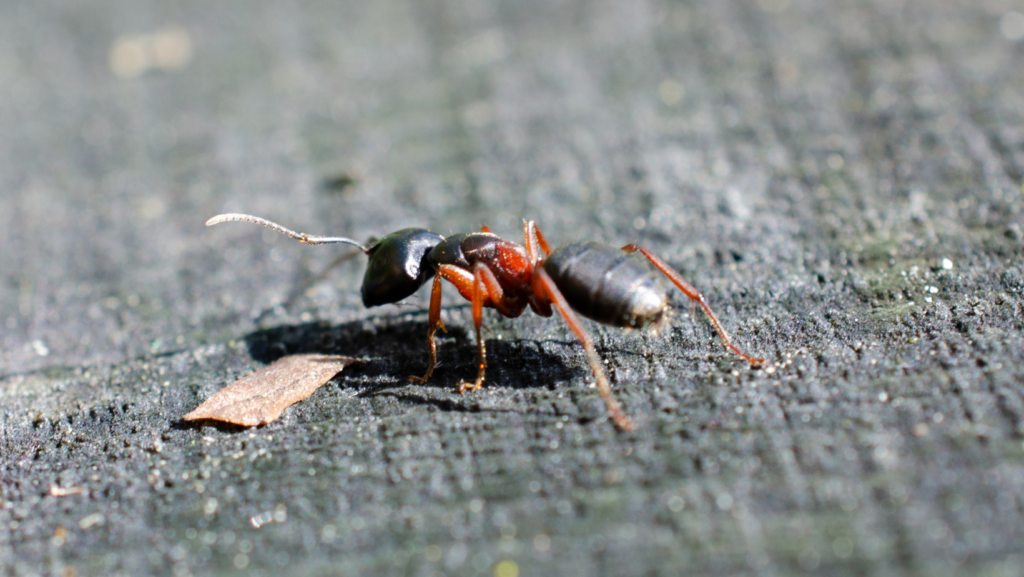Premier Termite Control Services: Guarantee Long-Term Defense for Your Residential property
Premier Termite Control Services: Guarantee Long-Term Defense for Your Residential property
Blog Article
Ecological Effect of Pest Control: Balancing Performance With Sustainability
The ecological impact of bug control is a critical problem that requires a delicate balance in between attaining effectiveness in guaranteeing and handling pests sustainability of our ecological communities. As we strive to shield our crops, homes, and wellness from the dangers posed by bugs, the approaches we employ can accidentally damage the environment. From making use of unsafe chemicals that leak right into our soil and water to the unintentional effects on non-target species, the effects of traditional insect control methods are far-ranging. However, there are emerging techniques that offer wish for an extra sustainable strategy to pest monitoring. These options not only purpose to resolve the immediate parasite problems yet additionally consider the long-lasting health and wellness of our planet.
Damaging Chemicals in Parasite Control
The application of dangerous chemicals in pest control postures significant environmental and health threats that require cautious factor to consider and reduction techniques. Pesticides, insecticides, and herbicides are frequently made use of to eradicate pests, yet their prevalent application can lead to unintentional consequences. These chemicals can infect dirt, water resources, and the air, affecting not just the targeted bugs yet likewise advantageous bugs, wild animals, and humans.

To resolve these threats, integrated bug monitoring (IPM) techniques are being promoted as an extra lasting option. IPM includes a combination of techniques such as organic control, environment adjustment, and the targeted usage of chemicals as a last resort (ant control springs nc). By embracing an alternative strategy to pest control, we can reduce the ecological and health and wellness influences connected with dangerous chemicals while efficiently handling pest populaces
Effect On Non-Target Variety
Considering the unintentional consequences of insect control techniques, the effect on non-target varieties is a vital aspect that needs thorough analysis. While pest control steps intend to target certain parasites, various other organisms in the ecosystem may be accidentally impacted. Non-target types, consisting of beneficial pests, birds, animals, and even plants, can experience direct or indirect damage from pesticide applications or organic control methods.
Chemicals can have sub-lethal or dangerous impacts on non-target varieties. For instance, insecticides created to combat a particular insect pest might harm pollinators like bees or all-natural predators such as ladybugs. Furthermore, chemical deposits can collect in the environment, influencing non-target microorganisms with time. Organic control representatives, if not species-specific, can position risks to unexpected targets, disrupting the eco-friendly equilibrium.
To minimize the influence on non-target varieties, incorporated parasite administration (IPM) strategies that stress a holistic method to pest control are advised. These Visit Website techniques focus on using eco-friendly practices, lessening injury to valuable microorganisms while efficiently handling pest populations. Conducting thorough threat evaluations and monitoring the outcomes of insect control initiatives are crucial steps in guarding non-target types and promoting general community wellness.
Soil and Water Contamination
Unexpected environmental effects of insect control methods extend beyond impacting non-target types, with significant effects for soil and water contamination. Chemicals, herbicides, and chemical fertilizers utilized in parasite control can seep into the soil and infect groundwater, positioning a hazard to both water and earthbound ecological communities. Soil contamination can interrupt the equilibrium of microorganisms crucial for nutrition cycling and plant growth, resulting in reduced dirt fertility and productivity. These chemicals can linger in the setting for extensive durations, building up in the soil and possibly entering the food chain.
Water contamination is an additional vital problem associated with bug control practices. To mitigate dirt and water contamination from pest control activities, incorporated bug management methods that prioritize sustainability and lessen chemical inputs are important.
Air Air Pollution From Pesticide Use
Exposure to airborne pesticides during farming applications poses a substantial concern for air contamination control measures. Additionally, chemical drift, where chemicals are lugged by the wind to unplanned locations, can lead to the contamination of close-by environments and water bodies.

Methods for Sustainable Parasite Control
In the world of farming practices, applying sustainable pest control strategies is extremely important for preserving environmental equilibrium and safeguarding crop yields. Sustainable bug control highlights using environmentally friendly methods to handle insect populaces effectively while minimizing injury to non-target organisms and ecosystems. Integrated Insect Administration (IPM) is an extensively adopted strategy that incorporates organic, cultural, physical, and chemical control methods to achieve long-term parasite management remedies.
Crop turning and diversity are also reliable techniques to interrupt pest life cycles and produce much less positive problems for pests to prosper. Eventually, by integrating these lasting insect control methods, farmers can accomplish an equilibrium between pest monitoring efficiency and ecological stewardship.
Final Thought
In conclusion, the environmental effect of parasite control approaches must be very carefully considered to balance effectiveness with sustainability. Unsafe chemicals utilized in insect control can result in dirt and water contamination, air pollution, and damage non-target varieties - ant control services. It is vital to implement lasting insect control methods to lessen these negative impacts on the setting and promote a healthier ecological community for future generations
By adopting an alternative technique to pest control, we can minimize the environmental and wellness impacts connected with unsafe chemicals while efficiently taking care of pest populaces.

To alleviate the air contamination triggered by pesticide use, it is crucial to embrace incorporated parasite monitoring methods that prioritize the usage of non-chemical parasite control approaches, such as crop turning, natural killers, and resistant plant ranges. Sustainable pest control stresses the use of ecologically pleasant methods to handle insect populaces successfully while minimizing harm to non-target microorganisms and environments. Integrated Insect Management (IPM) is an extensively taken on technique that combines organic, cultural, physical, and chemical control techniques to accomplish long-lasting parasite management services.
Report this page